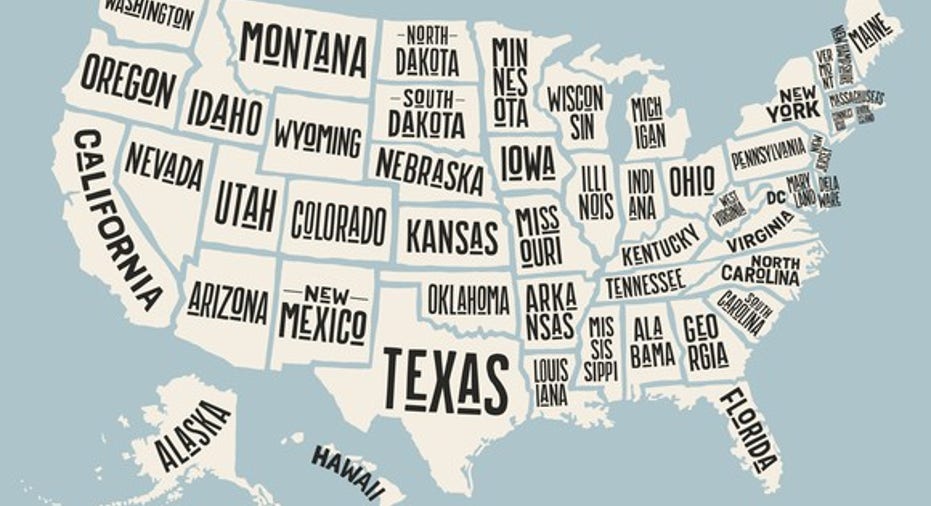Property Tax by State: The Homebuyer List

Image Source: Getty Images.
Property tax in the U.S. varies depending on the state where you live. Real estate taxes as a percentage of the home and land's value are lowest in Hawaii and highest in New Jersey, and they range from average rates of 0.28% to 2.29%.Here's the national average and a state-by-state breakdown so you can see how your state compares.
A wide range of property tax rates
Due to the wide variety of real estate tax rates levied by each state, on a $200,000 home, your property taxes could be as low as $560 per year or as high as $4,580, depending on where the property is located.The national average property tax rate is about 1.3% of home value. Here's a list of the tax rates in all 50 states and the District of Columbia, listed from the lowest tax rate to the highest, to give you an idea of what you can expect when you go to buy your next home.
Data source: WalletHub.
A couple of notes. First, keep in mind that this is state average data, and that property tax rates can vary significantly within the same state. You can find property tax data for individual homes through county records, or on certain real estate websites such as Zillow.
Second, the tax rate is only one half of the equation. If a state has a low property tax rate but high property values, you can still pay an above-average property tax each year. For example, Washington D.C.'s 0.57% average property tax rate combined with the median home value produces an average property tax bill of $2,601. This is among the highest in the nation, even though D.C. has the 5th lowest property tax rate as a percentage of home value.
What it means to your homebuying budget
Property taxes are a big factor in home affordability. Not only are they a continuing cost you need to worry about, but they're also typically included in your monthly mortgage payment.
While the exact percentage varies, lenders generally want to see a mortgage payment that is no more than 28% of your monthly income. This includes not only principal and interest, but also property taxes and hazard insurance.
Consider this example. You work in Philadelphia and have the choice of living in either Pennsylvania, where the average property tax rate is 1.51% of a home's value, or nearby New Jersey, where the rate is 2.29%. You earn $6,000 per month, which translates to a maximum mortgage payment of $2,160 based on the 28% ratio. Based on a 4% mortgage rate, 20% down, and $800 per year for homeowner's insurance, you can expect to afford a $334,760 home in Pennsylvania, while in New Jersey your maximum budget would be limited to $301,400 simply because of the higher property taxes.
The $15,834 Social Security bonus most retirees completely overlook If you're like most Americans, you're a few years (or more) behind on your retirement savings. But a handful of little-known "Social Security secrets" could help ensure a boost in your retirement income. For example: one easy trick could pay you as much as $15,834 more... each year! Once you learn how to maximize your Social Security benefits, we think you could retire confidently with the peace of mind we're all after.Simply click here to discover how to learn more about these strategies.
Try any of our Foolish newsletter services free for 30 days. We Fools may not all hold the same opinions, but we all believe that considering a diverse range of insights makes us better investors. The Motley Fool has a disclosure policy.



















